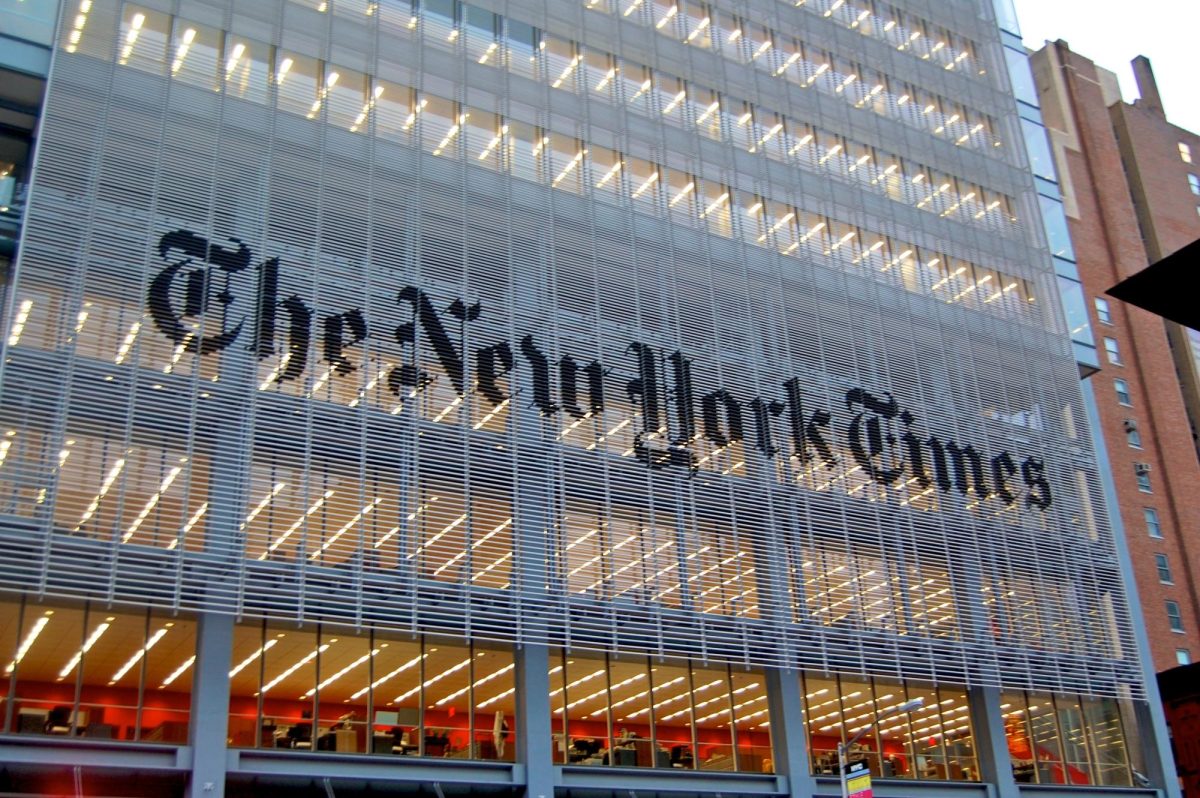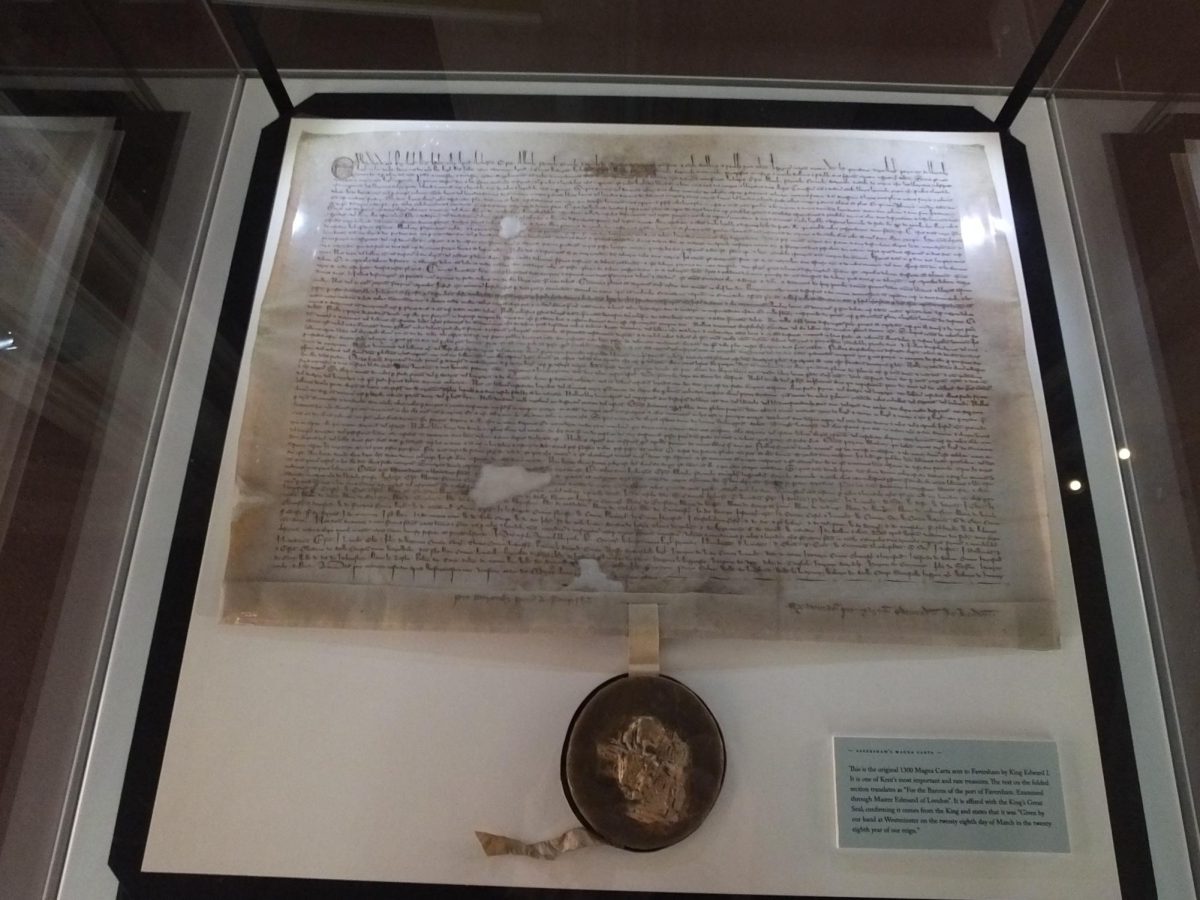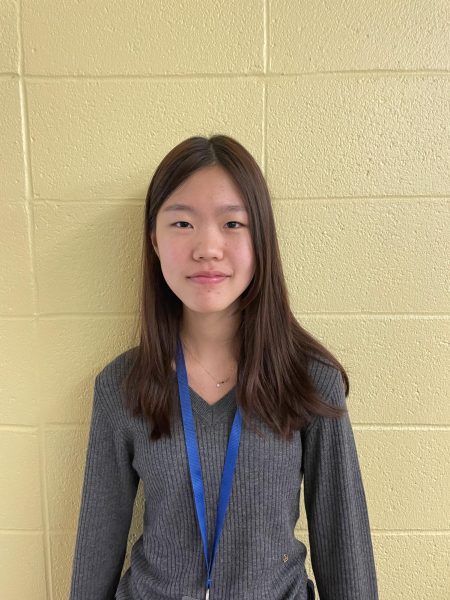On December 27, The New York Times sued Open AI and Microsoft for their rapidly growing AI program, ChatGPT, claiming that the program’s answers had often been directly plagiarized from Times articles. After a week of staying quiet, Open AI has finally struck back on Monday with an official statement that The Times’ lawsuit was “without merit.”
Since the public release of ChatGPT in late 2022, the program has gained a major hold on the world’s economic and technological grounds. Many businesses have begun to use ChatGPT as a way of speeding up time-consuming processes and as a problem-solver in almost any field of interest. However, it is criticized by many educators who believe that the technology limits creativity and neuroplasticity, especially for developing adolescents. Despite the controversy, it has easily topped 180 million users within less than two years and has incorporated AI into the daily lives of many, according to Exploding Topics.
With ChatGPT’s exponential progression into the global market, it has also become the center of a new conflict involving The Times. Last month, “The New York Times sued OpenAI and Microsoft for copyright infringement…, opening a new front in the increasingly intense legal battle over the unauthorized use of published work to train artificial intelligence technologies,” The Times said.
Simply put, AI goes through a process called machine learning in which large amounts of external sources are gathered and used to find patterns that can be recreated as a whole. Being the most prominent news outlet globally, The Times is one of many sources used by ChatGPT to study statistical algorithms for the responses they give to users.
This method of AI training has always raised controversy since the growth of the technology, but The Times’ lawsuit has brought the subject to an official, headline-worthy conflict. With even Microsoft being involved for their major partnerships with OpenAI, the issue of copyright infringement is no longer on a small scale.
Then on January 8, Open AI released a post on its official website to defend their technology. Out of the four major points of its response, one claimed that The Times “is not telling the full story.”
OpenAI explained that prior to the lawsuit, a meeting was held with The Times to discuss a potential partnership. There, The Times had accused ChatGPT of plagiarizing excerpts from their articles, yet “repeatedly refused to share any examples” of such described situations.
In fact, OpenAI went further to argue on the post that any regurgitations most likely resulted from “intentionally manipulated prompts” in which The Times purposely drew out specific results that it wanted from ChatGPT.
If OpenAI’s claim is proven true, it may mean a disadvantage for The Times in terms of the lawsuit. However, thousands of hard-made works being merged into automated responses is a frustrating issue for both original authors and artists who may feel that their efforts are being plagiarized. Ultimately, only the outcome of the lawsuit will reveal the effect copyright infringement laws will have on the future of the AI industry.













































































































































